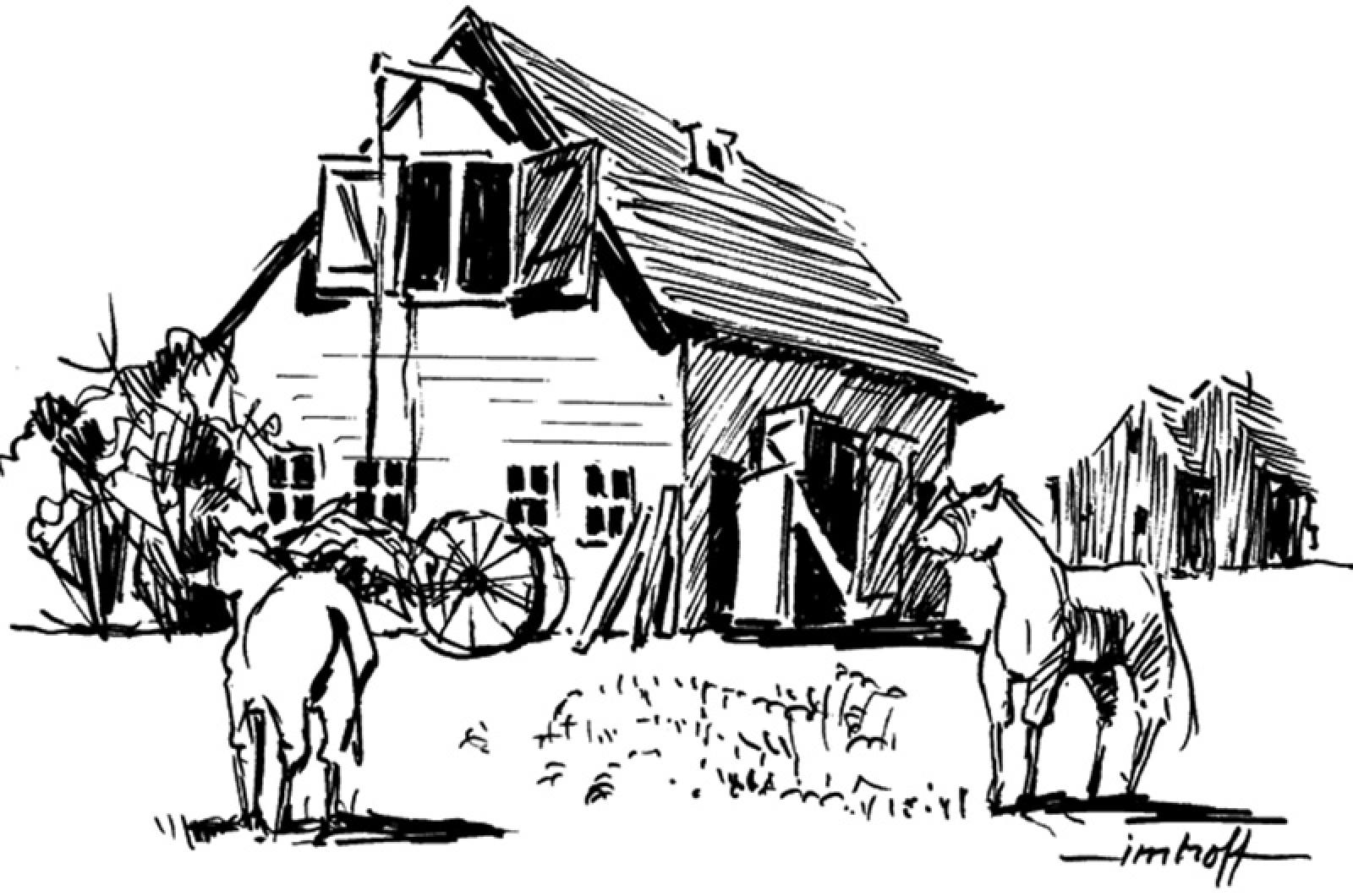Once home to 15,000 sheep, Martha’s Vineyard is two centuries past its peak as an agricultural hub, but happily farm culture on the Island is having a modest renaissance.
From Slip Away Farm on Chappaquiddick to Beetlebung Farm in Chilmark, the Island is dotted with small-scale farming operations offering fresh produce, eggs, cheese and meat and employing a cadre of eager young men and women.
Last week, longtime farmers Jim and Debbie Athearn outlined plans to turn the Island’s premier farm success story, Morning Glory Farm, over to their children: Simon and his wife Robyn, Daniel and his wife Meeghan, and Prudence.
And last month the Edgartown selectmen awarded new leases for farming and farm educational activities at Katama Farm, the result of collaborative proposals put forth by Morning Glory, the Trustees of Reservation, Grey Barn and Slough Farm Foundation. The new plan for the farm puts to rest an unfortunate chapter in the history of a farm that has struggled to turn a profit since its days as the Seaside Dairy.
The hopeful new plan calls for Morning Glory Farm to use much of the land to graze beef cattle and hogs, with some acreage set aside for row crops. Grey Barn will sublease some of the pastureland for its own livestock.
The Trustees will continue to take the lead on farm-based education with help from Slough Farm, the new nearby farming nonprofit led by Julie Scott. The Trustees will build upon the popular summer farm camp started by its predecessor the Farm Institute.
Meanwhile, Island Grown Initiative has taken the lead in the Island’s efforts to promote regenerative farming and food equity, connecting children with the source of their food through the Island Grown Schools program and working with farmers and community groups to ensure that the Island’s food supply reaches Islanders in need.
What is notable about all these efforts is the shared spirit of mission and collaboration. Today’s Island’s farmers are young, often well educated in the principles and methods of sustainable agriculture and willing to share their knowledge.
Farming remains a highly uncertain occupation, vulnerable to all manner of natural risks, but its reward is a connection to the land and a deep understanding of our dependence on it and on each other.
On a national broadcast this week, a news announcer speculated that the cyber attack on the Steamship Authority would only affect rich people with summer homes. Such is the popular perception of Martha’s Vineyard by those who have never been here.
To Islanders, the disruption of our lifeline is a reminder of how heavily we rely on the mainland for our basic needs. That’s reason enough to think of and thank our farmers.




Comments
Comment policy »